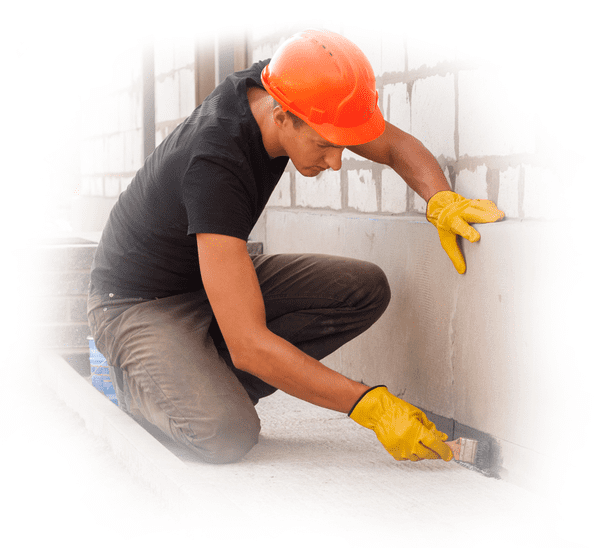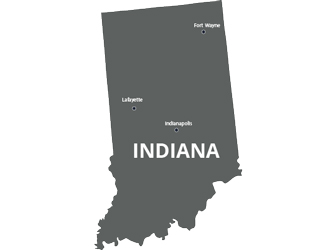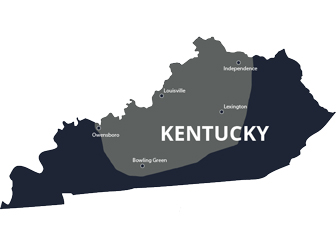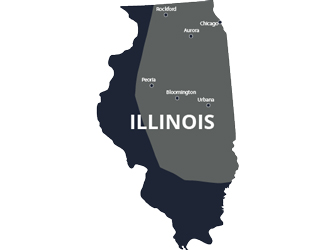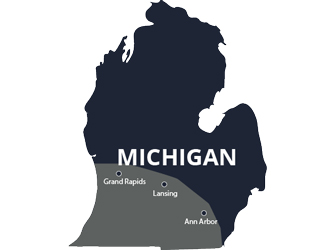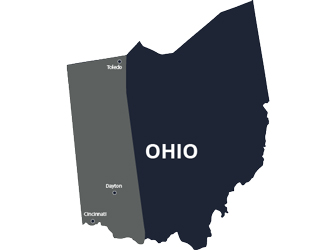Mortgage companies and any financial institutions providing future homeowners with mortgages require proof of the home being insured. But what, exactly, does home insurance cover? Insurance companies cover the cost of the belongings in your home as well as the cost to repair certain damage. However, most foundation damage is not covered.
Why Not?
There are inherent risks to a foundation in regard to Mother Nature, and insurance companies just don’t pay out for anything that is a result of nature. This often includes flood, hurricane, or tornado damage. Some agencies call these natural disasters “acts of God.”
Unless you live in a state that requires flood insurance, or you use an insurance company that has special coverage for specific causes of damage, including too much outside moisture, you’ll be footing the bill for any foundation problems nature caused. For example, if you live in an area with a high water table or where it rains a lot, that moisture will saturate the soil under your home. When soil becomes saturated, it expands and shifts. This expansion causes the soil and water to press against the foundation. Water can seep through cracks, making them bigger, and too much pressure can move the foundation, creating additional cracks. Over time, the damage will increase and manifest in various ways, including bowed basement walls, mold, and stuck doors.
If you’ve failed to keep gutters clean and water sheets off the roof next to the foundation, the onus is on you as the homeowner — as is a failure to keep tree and shrub roots from getting too close to the foundation and shifting the dirt under it.
What Might Be Covered?
Don’t fall into despair just yet. Most homeowners insurance covers internal things such as water damage from burst pipes. In the Midwest as well as other parts of the country, winter brings temperatures cold enough to freeze the water in pipes. When water freezes, it expands and puts pressure on pipes, possibly causing a rupture. There are ways to help prevent frozen pipes, such as running a small stream of water in the sink while you sleep, or adding insulation around the pipes.
Sewers or drains backing up and causing foundation damage also might be covered. Make sure you check for specifics before agreeing to a policy. If something is missing, ask if the company offers it. If not, look at other reputable companies’ offerings. Start off with the most complete policy you can find, as repairing a foundation can be expensive, depending on the damage.
What About Preexisting Damage?
Unfortunately, you are out of luck in terms of foundation damage you notice after you purchase the house. Mortgage providers require a home inspection prior to mortgage approval. If the inspector did not note the problems, they are the homeowner’s responsibility after the fact. If you purchased the house anyway, knowing of preexisting issues, they are your responsibility. Only damage that occurs after you are in residence may be covered, depending on the policy.
Acculevel Repairs Foundations
It’s important to get your foundation and/or basement checked at the first sign of damage. This usually includes cracks in the concrete. However, if you’ve ignored the issue for a while, you may notice more severe problems such as bowed walls or cracked windows. Whatever has happened to the foundation, our hardworking staff at Acculevel is ready to tackle it. We have been specializing in basements and foundations since 1996, and our employees have years of experience handling even the toughest repairs. Once we’ve repaired the foundation, we’d love to talk to you about additional waterproofing measures so nothing else crops up in the future. For a free in-home estimate, give us a call at (866) 669-3349 or email us at [email protected].














